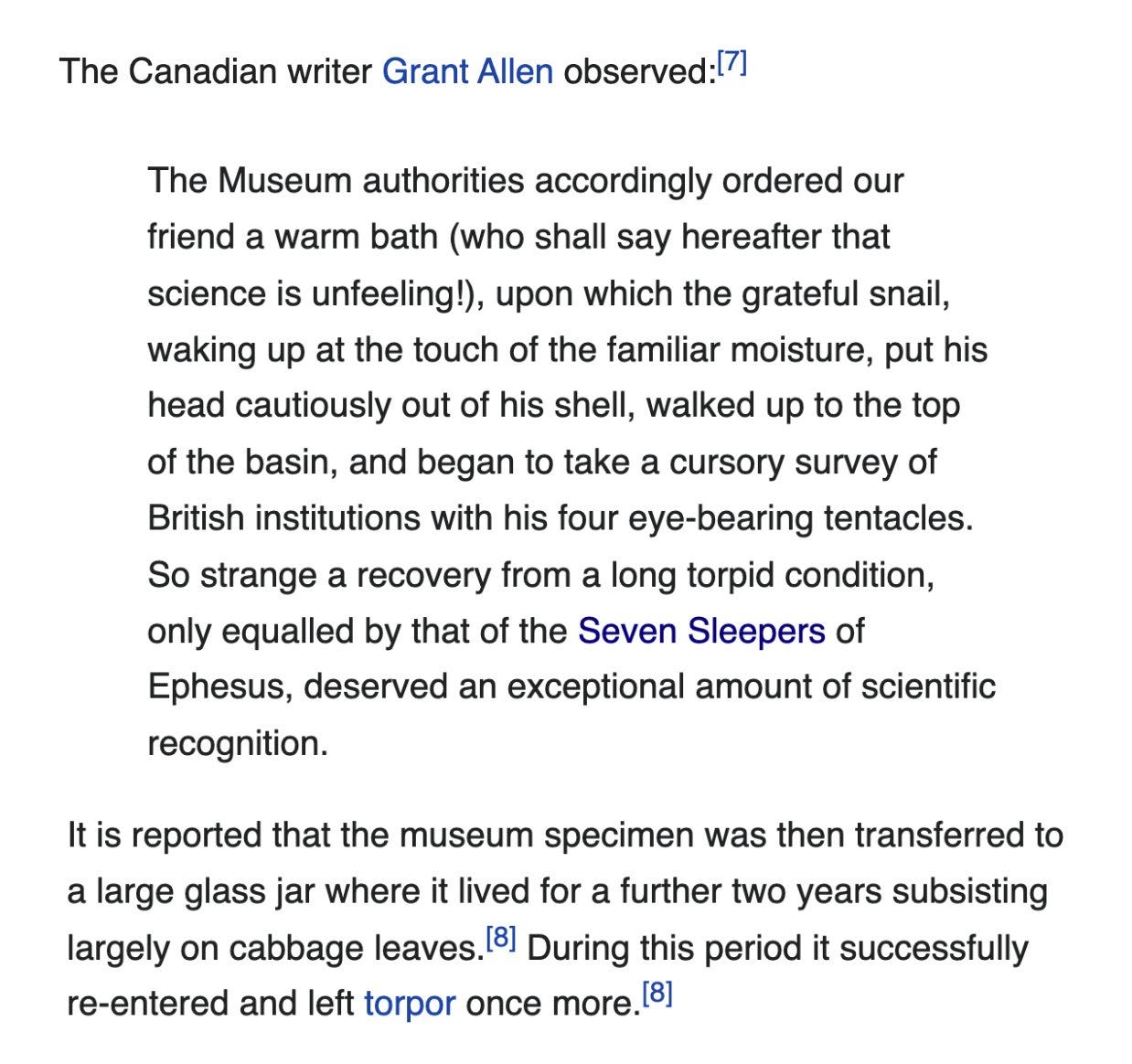Hi everyone,
This week sees my family enduring a jarring change from full-on Summer Olympics overload into full-fledged fall schedules. I appreciate the International Olympic Committee’s great timing and cooperation with my family’s plans in this manner. I must say that we were a little disappointed that the final “stunt” in the Closing Ceremonies was not Tom Cruise base jumping off the Eiffel Tower.
The Part Where There’s an Essay: Higher
By the time you’re reading this, Paris will have bid goodbye to hosting the world for the 2024 Summer Olympics. The cauldron has been extinguished; the flags lowered; the last medals awarded. My family, already subscribers to the network that carried everything, took in our fair share of the events. My favorite mornings might have been the ones when I woke up early and saw the equestrian events.
Whenever we watch the Olympic ceremonies, I’m struck by the aspirational nature of them. In a scene reminiscent of Babel or the final scenes in Revelation, all of the nations of the world are present. They gather, united but joyfully diverse in language and origin, for a fortnight of testing followed by celebration. There are symbolic banners and flags. There is significance in the way people dress. There is a flame which is passed on. There are songs, and at least one of them is a hymn.
It’s a beautiful event, and it’s just short of the ideal.
It is religious. Essentially, it’s a church service with just one bit missing.
If the Olympics can teach us anything, it is that humans aspire. We are made for leaning in and pressing upwards towards a greater light. Whether it be in the form of a long-distance swimmer who just keeps going— or of a sprinter exploding off the line into incomprehensible speed—the combination of aspiration, training, and giftedness is a sight to behold. We watch as athletes tread the upward path physically, to higher heights and greater achievements.
Recently I was struck again by Paul’s delivery to the men of Athens in the Aereopagus, in the country where the Olympics were born. He sees that they are groping towards a higher power of some sort:
Men of Athens, I perceive that in every way you are very religious. For as I passed along and observed the objects of your worship, I found also an altar with this inscription: ‘To the unknown god.’ What therefore you worship as unknown, this I proclaim to you. The God who made the world and everything in it, being Lord of heaven and earth, does not live in temples made by man, nor is he served by human hands, as though he needed anything, since he himself gives to all mankind life and breath and everything. And he made from one man every nation of mankind to live on all the face of the earth, having determined allotted periods and the boundaries of their dwelling place, that they should seek God, and perhaps feel their way toward him and find him. Yet he is actually not far from each one of us, for
“‘In him we live and move and have our being’;
as even some of your own poets have said,
“‘For we are indeed his offspring.’
(Acts 17:22-28)
They are circling a relationship with the known God, but they haven’t grasped it—yet. But God is near. God is not far from the men of Athens, or indeed from any of us. This should cause us to be in awe; it should cause us to hope.
I am sad that Paris 2024 has come to a close; I look forward to the next Olympic games, to be reminded that men and women were designed for higher things.
Now when they heard of the resurrection of the dead, some mocked. But others said, “We will hear you again about this.” So Paul went out from their midst. But some men joined him and believed, among whom also were Dionysius the Areopagite and a woman named Damaris and others with them. (32-34)
For the Anglophiles
If you’re having a week where you feel you might not be very good at your job, please be aware that the staff of the British Museum once glued a snail to an index card, not realizing that it was alive—AND IT LIVED. FOR FOUR MORE YEARS.
Here’s what happened when they figured it out (from the Twitter account @depthsofwiki):
Reads & Listens of the Week
I continue to be mystified by the long life of my little essay that could: “Feasting as an Act of War.” Its most recent incarnation appears in the last verse of The Arcadian Wild’s song “Welcome.”
Wendell Kimbrough has a new album: Planted Like Trees. His music is folksy and this particular EP is very Irish. I like listening to it in the morning.
Last week Wendell Berry celebrated his ninetieth birthday. Here is a compilation of some lovely tributes. You’ll probably recognize some names. “I’m inclined to take Wendell’s written words seriously because he doesn’t seem to take himself seriously. That’s the kind of neighbor I’d like to have. It’s the kind I’d like to be. The serious business of being human means being ‘joyful, though you’ve considered all of the facts.’”
I have enjoyed the clips from the Olympics of athletes from Fiji singing. In case you missed them, here’s an older clip of the Fijian hymn “Mo Ravi Vei Jisu” (“Draw Close to Jesus”) sung by their Rugby 7s team:
The antidote to busyness is not sloth and indifference. The antidote is rest, rhythm, death to pride, acceptance of our own finitude, and trust in the providence of God. - Kevin DeYoung, Crazy Busy





